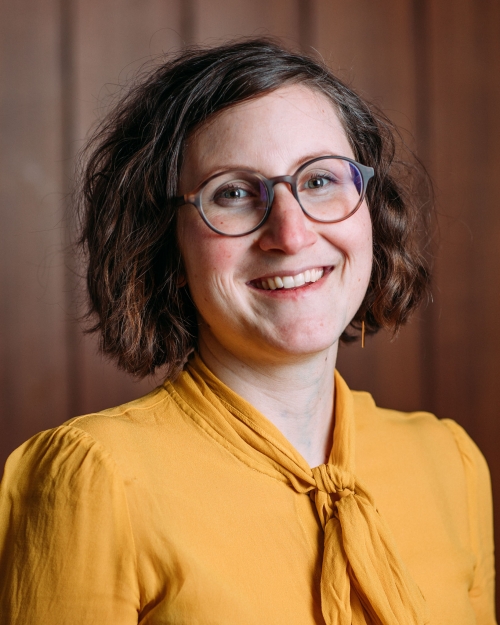The International Human Frontier Science Program Organization (HFSP) has awarded Judith Mandl, Associate Professor, Department of Physiology, and her collaborators a prestigious HFSP 2020 Program Grant for their research into the properties of T-cells and their movements. The grant is worth $1 million USD over three years, and is the result of an extremely competitive selection process.
 Dr. Mandl’s team was ranked third among the 20 awards made from 60 full applications received for Program Grants, which in turn were chosen from 549 letters of intent. In addition, the HFSP program grants are an international competition, and each submission must have at least 2 countries participating.
Dr. Mandl’s team was ranked third among the 20 awards made from 60 full applications received for Program Grants, which in turn were chosen from 549 letters of intent. In addition, the HFSP program grants are an international competition, and each submission must have at least 2 countries participating.
T cells: Guarding against infection
Dr. Mandl has been working to analyze the movements of T cells in the body. T cells are one of the body’s key defense systems against infection, but these highly mobile agents are often stalled when they encounter tumours. In order to study this phenomenon more closely she teamed up with Dr. Johannes Textor of the Radboud University Medical Centre in the Netherlands, and Dr. Daniel Parisi of the Buenos Aires Institute of Technology in Argentina, who each bring complementary skills and background to the project.
“I always like to say that an immune response is a complex dance of cells that is very tightly choreographed,” explains Dr. Mandl. “I am interested in figuring out how cell migration enables this dance.”
A first in the field of cell migration and immunology
Using active matter physics is a first in the field of cell migration and immunology. It is a science thus far used to determine where to put exits in big spaces to enable pedestrians to leave safely in case of a fire and has not been applied to understanding how T cells can maintain fluid motion even in very dense tissues.
By leveraging Parisi’s knowledge of active matter physics – a field that examines the emergent behaviour of moving crowds of ants, people, or vehicles, – and Textor’s expertise in computational biology and mathematical modelling, Mandl has contributed her own strengths in immunology to develop a novel approach to understanding how T cells behave. Together they have been able to develop new experimental methods in her lab at McGill to investigate the cellular and molecular foundations for T cell movement.
Mandl opened her lab in the McGill Research Centre for Complex Traits and the Department of Physiology in 2015, and has degrees from Emory University (USA) and the University of Warwick (UK). She currently holds a Canada Research Chair in Immune Cell Dynamics. Get more details on her lab.
